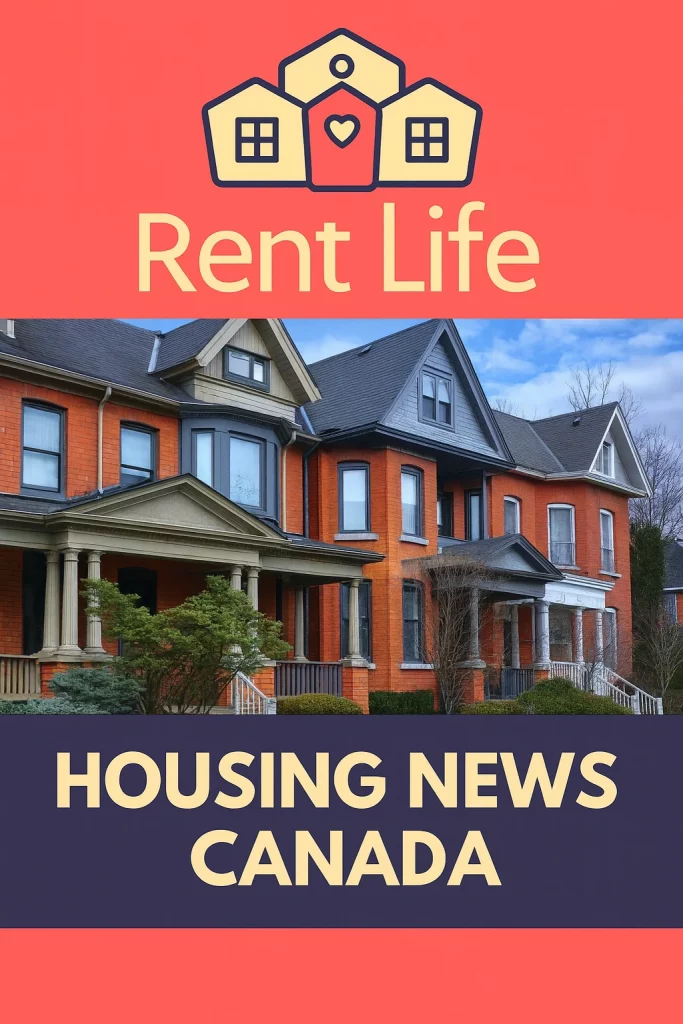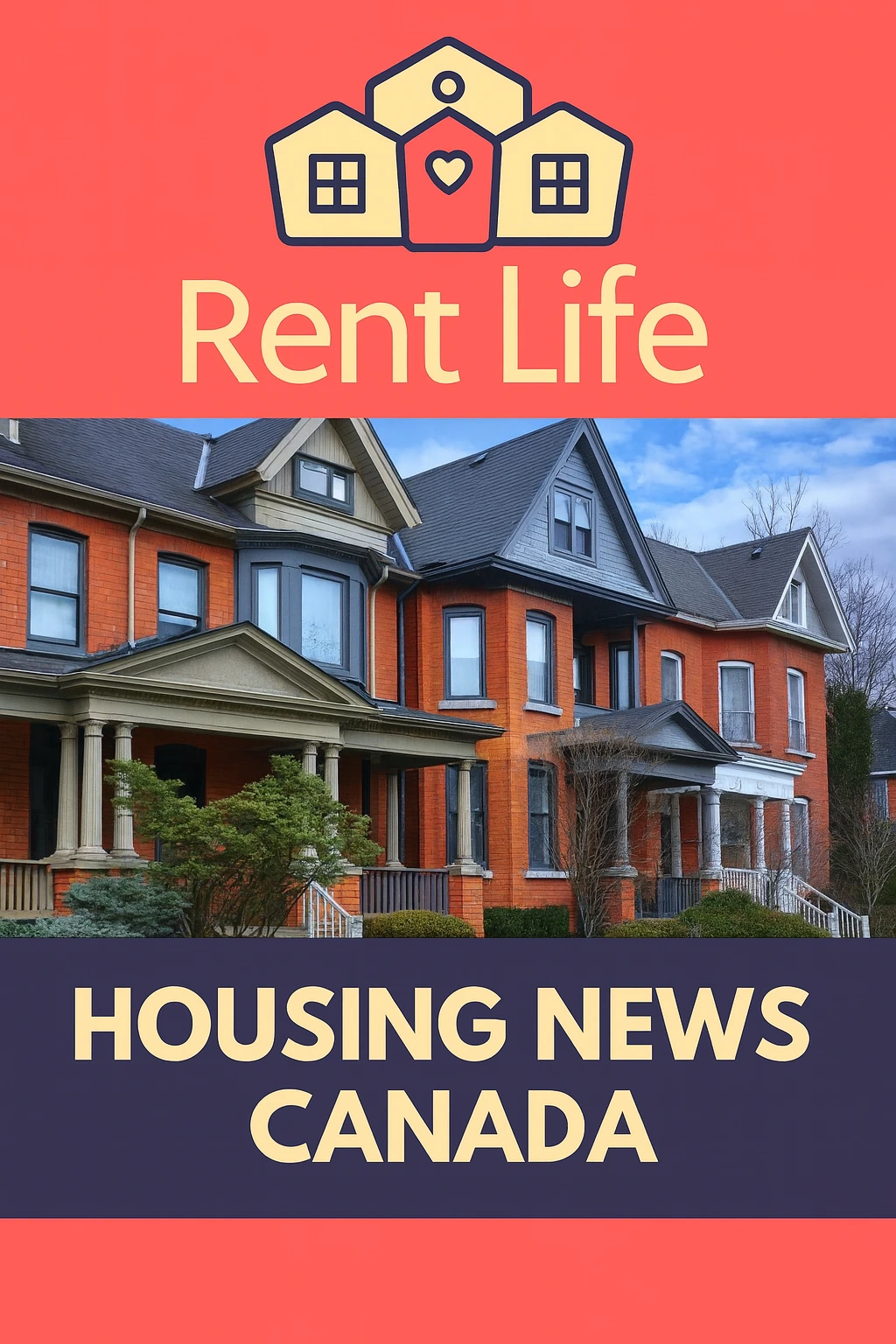
Housing News Canada
Housing News Canada: Legal Changes Landlords Need to Know (2025)
Canadian landlords enter 2025 facing a wave of new housing regulations, reshaped tenancy rules, and heightened accountability. From Toronto’s bold anti-renoviction laws to Ontario’s tighter rent increase limits, the legal landscape is shifting in ways that demand attention.
This guide breaks down the most critical legal changes every landlord should know in 2025—and how to adapt.
Rent Increase and Control
- Ontario has set the maximum allowable rent increase at 2.5% for 2025—matching inflation but capped to protect tenants. This applies to most private residential rental units.
- Properties first occupied after November 15, 2018, remain exempt, offering landlords flexibility in newer builds.
- Landlords seeking an increase above 2.5% must file a formal application with the Landlord and Tenant Board (LTB).
- Rent can only be raised once every 12 months, and tenants must receive 90 days’ written notice.
Renoviction and Rental Licensing
Toronto has taken direct aim at “renovictions.” The city’s new Rental Renovation Licence By-Law is a first-of-its-kind policy in Canada:
- Landlords issuing N13 notices must now apply for a city-issued licence, submit building permits, and pay a $700 fee (waived for multi-tenant operators).
- A Tenant Accommodation or Compensation Plan is required, ensuring displaced tenants are housed or compensated.
- Tenants gain the right to return post-renovation, with landlords required to prove legitimate upgrades.
- The law takes effect July 31, 2025, with experts predicting other municipalities may follow Toronto’s lead.
New Eviction and Tenant Protection Laws
Ontario’s Bill 97 and Bill 51 (Rent Stabilization Act, 2025) introduce sweeping tenant protections:
- Stricter eviction evidence: Landlords must provide stronger proof for eviction claims.
- Rent registry: Improves transparency and helps tenants challenge illegal increases.
- Legal support for tenants: Expanded access to representation during disputes.
- Anti-renoviction provisions: Greater oversight and standardized notices, limiting abuse.
Other 2025 Highlights
- Short-term rental regulations in Toronto tighten, balancing resident needs with investor interests.
- Mass timber construction up to 18 storeys is now approved—potentially lowering costs and expanding housing supply.
- Federal housing initiatives emphasize affordability, incentives, and rebates—indirectly shaping landlord strategies.
Quick Reference: 2025 Legal Changes for Landlords
| Change | Jurisdiction | In Effect | Impact on Landlords |
|---|---|---|---|
| Rent Increase Cap (2.5%) | Ontario | Jan 2025 | Limits rent hikes [5] |
| Renoviction Licence/Compensation | Toronto | July 31, 2025 | Mandatory permits & payouts [2][3] |
| Expanded Tenant Protection & Eviction Rules | Ontario | 2025 | Stronger evidence, more oversight [1][4] |
| Rent Registry & Tenant Legal Support | Ontario | 2025 | Transparency & tenant rights [4] |
| Mass Timber Building Approval | Ontario | Jan 2025 | More housing supply, potential affordability boost [2] |
Final Word
2025 signals a turning point in landlord-tenant law. For landlords, the message is clear: adapt to stricter regulations, embrace compliance, and balance profitability with tenant protections.
Those who succeed will be landlords who stay informed, plan proactively, and leverage platforms like Rent-Life.ca to streamline compliance and tenant management.
📲 Start your journey with Rent-Life.ca and download the Rent Life App today:
👉 Rent Life App on iOS
🛡️ Don’t forget insurance with Duuo Tenant Insurance.
Rent Life is here to help landlords and tenants thrive in a changing Canadian rental market.
#rentlife #rentlifeapp #rent #forrent #renting #rentals #news #realestate #housing #housingmarket
Links;
https://storeys.com/5-ontario-housing-laws-2025/
https://www.ola.org/en/legislative-business/bills/parliament-44/session-1/bill-51
https://blog.remax.ca/how-the-2025-federal-housing-plan-could-impact-your-next-move/
